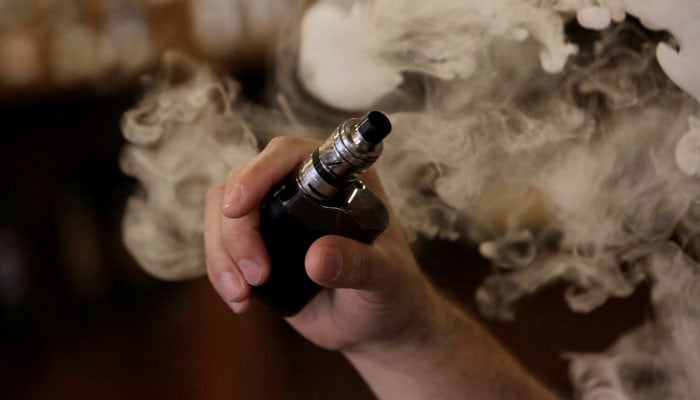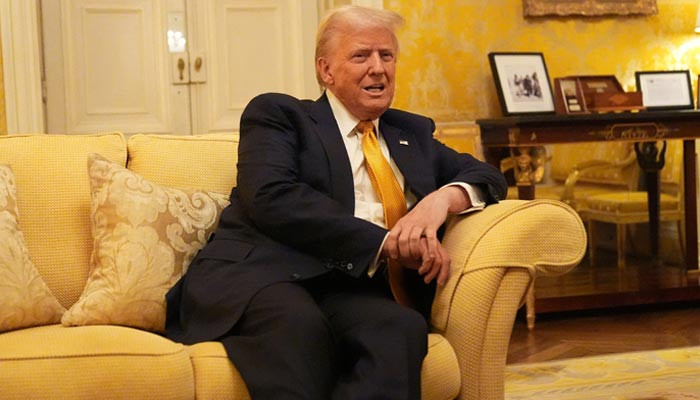Travel
Smog struggle
字号+ Author:Smart News Source:Health 2025-01-13 06:02:50 I want to comment(0)
AS smog continues to shroud parts of Pakistan, an Ipsos survey highlights the scope of this environmental hazard. With eight out of 10 citizens experiencing smog in the past month, its impact is inescapable. Urban hubs like Lahore and Multan bear the brunt, indicating the need in particular for interventions in densely populated areas. The toll of smog is extensive, with 68pc of respondents citing health issues such as cough, breathing difficulties, and flu-like symptoms. Beyond physical health, the survey reveals significant disruptions to daily life — ranging from children’s education to workplace productivity. Public perceptions about the causes of smog are telling. Vehicle emissions (70pc), industrial pollution (63pc), and waste burning (37pc) dominate the list, with 19pc attributing the phenomenon to divine wrath. Respondents believe a lack of public cooperation (44pc) and weak law enforcement (37pc) are the primary barriers preventing smog mitigation. Interestingly, the survey found that three in five people were satisfied with their provincial government’s approaches to battling smog. However, satisfaction decreased among the more educated, raising concerns about the relevance and effectiveness of these strategies. While short-term steps like lockdowns, vehicle bans, and even cloud seeding have provided temporary relief, they fail to address the root causes of air pollution. Lahore’s recent rainfall has done little to prevent the smog’s return or mitigate its health impacts. Encouragingly, Pakistanis are willing to be part of the solution. A striking 89pc of vehicle owners expressed readiness to repair and certify their vehicles to curb emissions. Yet, reliance on individual goodwill alone will not suffice. The government must lead by example, enforcing stricter environmental rules and incentivising green practices. Policies such as mandatory vehicle inspections and promoting renewable energy could catalyse change. Relocating industries, enforcing Euro-V fuel standards, and integrating electric buses by mid-2025 are positive steps but need faster implementation. Expanding urban green cover and boosting air quality monitoring networks must complement these efforts. Successful public health campaigns have shown that political will is paramount. Policymakers must prioritise a year-round approach involving regional cooperation as pollution knows no borders. Besides, enhancing healthcare access is essential. Ultimately, tackling smog requires a collective effort. Citizens must adopt greener habits, while authorities should ensure transparency in their actions. This is not just about clearing the skies; it is about safeguarding Pakistan’s health, economy, and future.
1.This site adheres to industry standards, and any reposted articles will clearly indicate the author and source;
 Related Articles
Related Articles-
Former Captain Azhar Ali takes up dual role as head of youth development
2025-01-13 05:47
-
Pakistan to ease visa policy for cricket fans during Champions Trophy 2025
2025-01-13 05:17
-
What does Ronaldo say on 'GOAT' debate with Messi?
2025-01-13 05:13
-
PSL 10: Pick order for player draft revealed
2025-01-13 03:37
 User Reviews
User Reviews Recommended Reads
Recommended Reads Hot Information
Hot Information- The dark side of social media: misuse and cyberbullying in Pakistan
- Saim Ayub nominated for ICC Men's Emerging Cricketer of the Year 2024
- Australia take seven wickets after tea to beat India in Melbourne
- Pacers help Pakistan take control as South Africa lose three wickets in 148-run chase
- Plan to move city’s iconic globe near National Stadium
- South Africa defeat Pakistan by two wickets in first Test
- PSL 10: Pick order for player draft revealed
- First Test: Markram fights back as South Africa lose three after Pakistan's 211
- Police arrest over 50 suspects in capital
 Abont US
Abont US
Follow our WhatasApp account to stay updated with the latest exciting content













